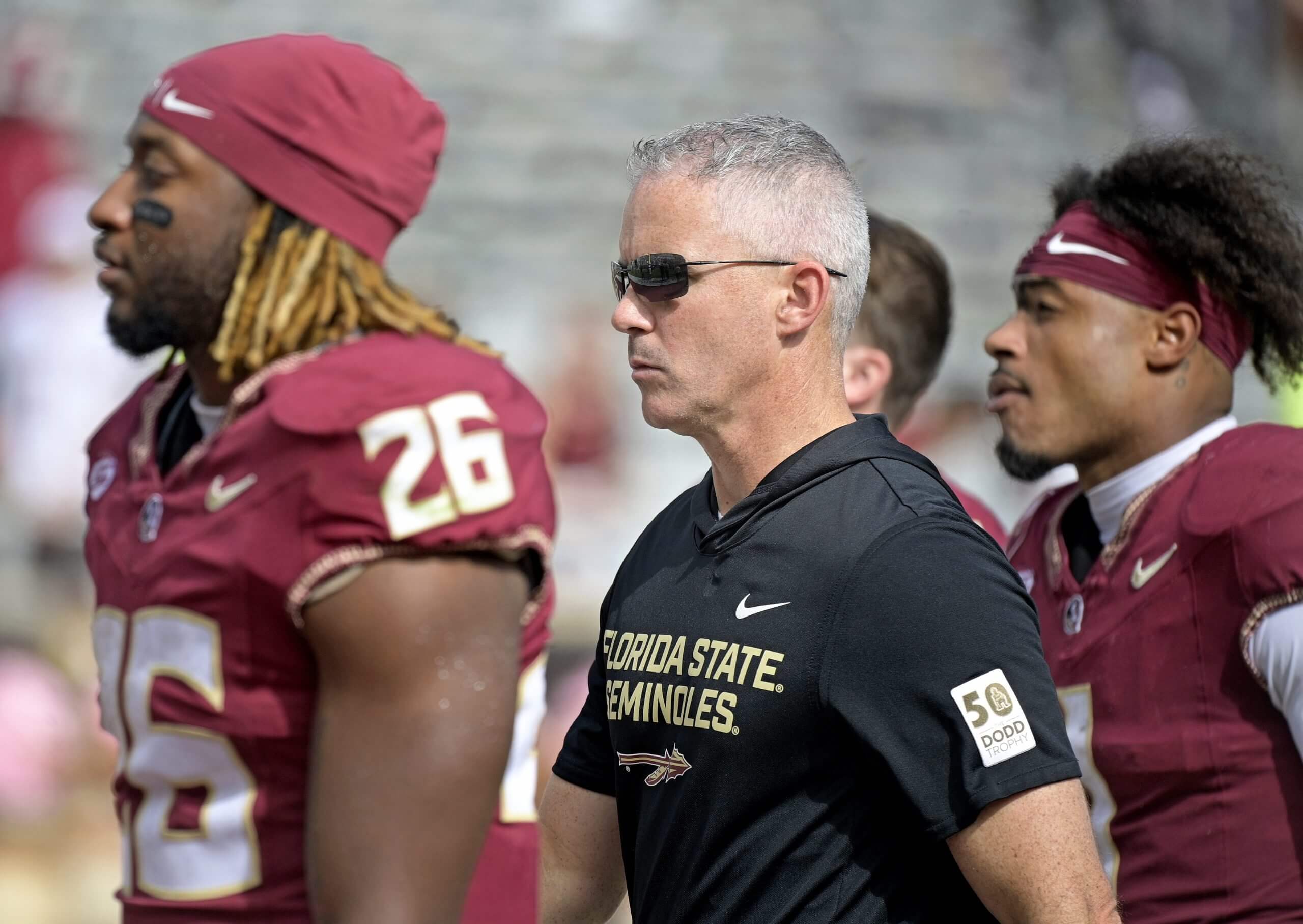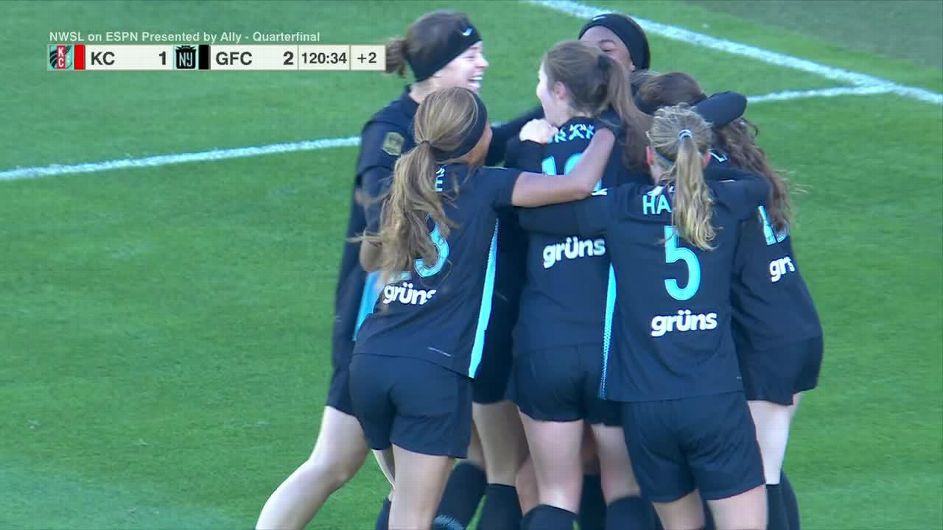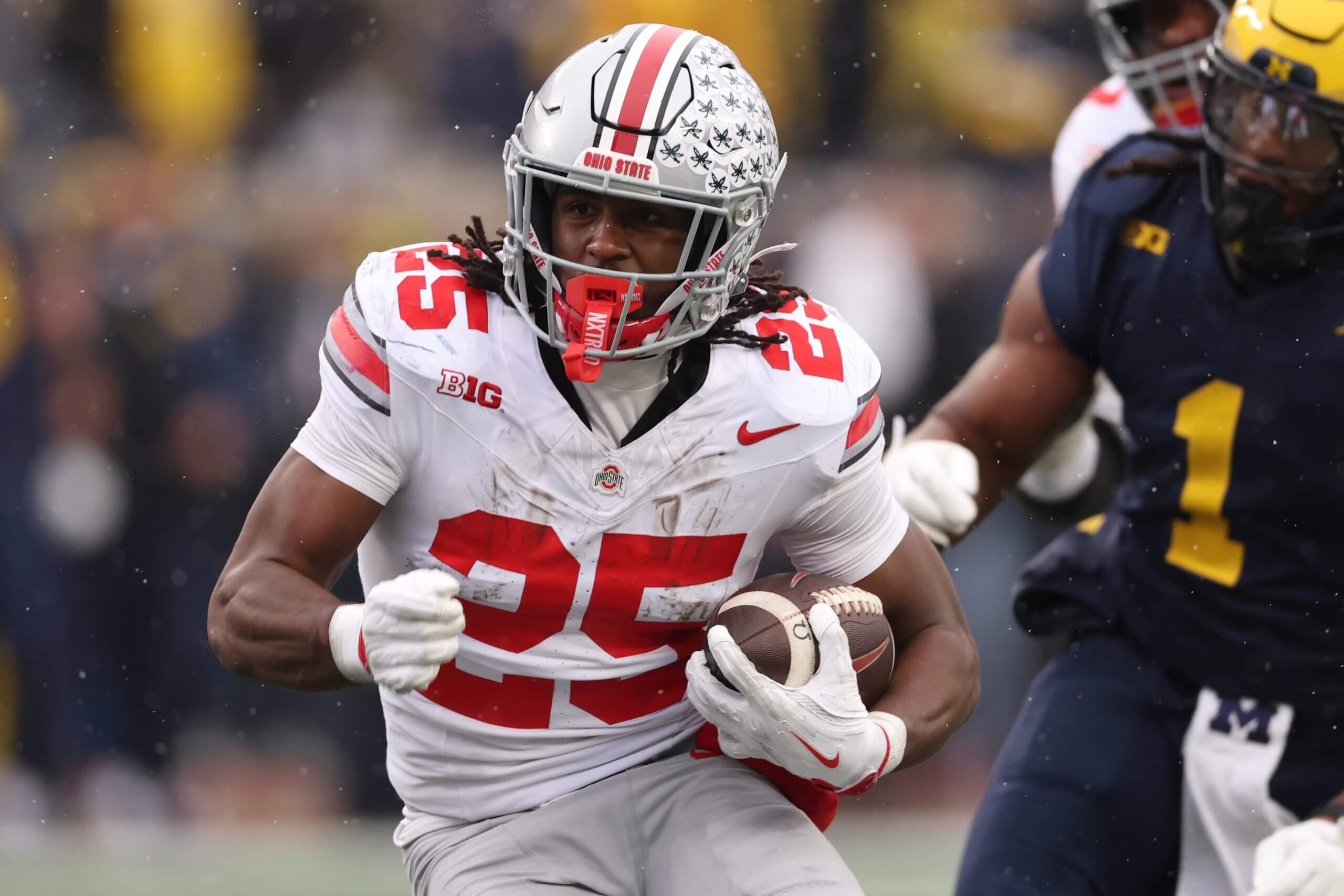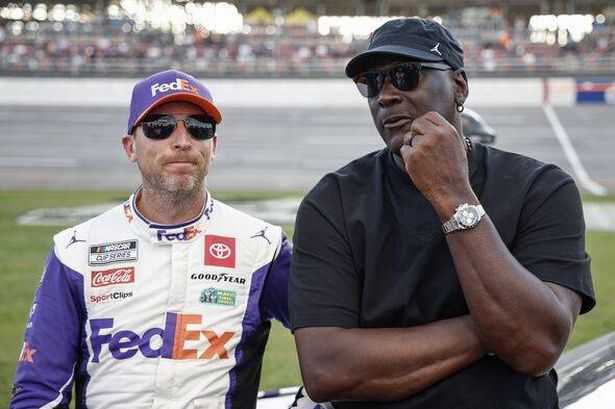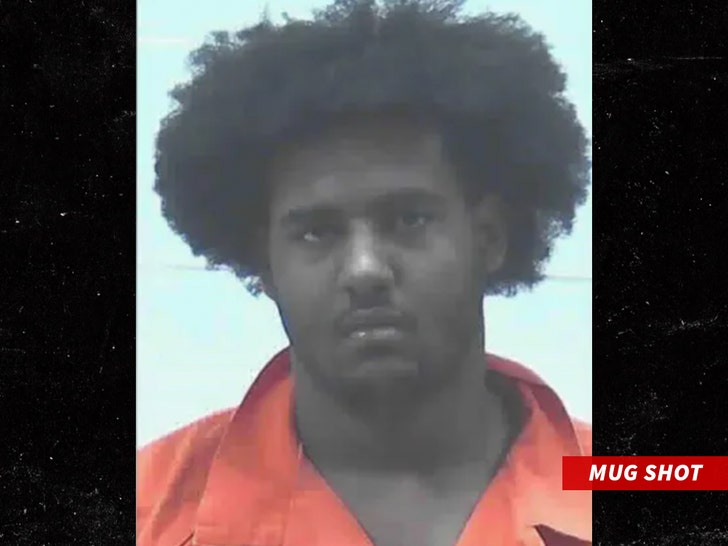Florida State University (FSU) fell to the University of Miami in a closely contested match, further complicating an already tumultuous season. The Seminoles had a chance to narrow the score as running back Ousmane Kromah broke through near midfield, but a fumble allowed Miami to regain possession. This marked yet another missed opportunity for a team that began the season with high expectations.
Despite a promising start, highlighted by a significant victory over Alabama, FSU has struggled to maintain momentum. The Seminoles now face the prospect of extending their losing streak after suffering four consecutive defeats, including a surprising loss to Stanford, a team ranked among the weaker in the Power 4. FSU’s current record shows nine losses in their last ten games against Atlantic Coast Conference (ACC) opponents, raising questions about the program’s direction under head coach Mike Norvell.
Problems with recruiting have emerged as a central issue for FSU. According to insiders, the recent turnover in the recruiting department, with at least 11 staff changes since the 2023 Orange Bowl loss, has hindered the program’s ability to attract top talent. Norvell has faced challenges in signing competitive classes, with five of his six recruiting classes ranking among the lowest in FSU’s modern history. None of these classes have finished higher than 12th in national rankings.
The impact of subpar recruiting is evident in FSU’s roster. The team has struggled to secure top recruits, particularly at linebacker, a position that continues to be a weakness. Karlos Williams, a key player from FSU’s 2013 national championship team, expressed disbelief at the program’s struggles, stating, “There’s something not connecting.”
The current roster’s reliance on transfer players has also raised concerns. Approximately 75% of the Seminoles’ starts come from transfers, a stark contrast to previous seasons where multiyear transfers played pivotal roles in the team’s success. In their recent match against Miami, the team had only 16 combined seasons of experience at FSU, with many being newcomers, including four on the offensive line. This lack of continuity has hampered their performance on the field.
Norvell’s decision to overhaul both offensive and defensive coordinators has compounded the issue. The new schemes implemented by Gus Malzahn and Tony White have not resonated with the players, leading to hesitancy during key moments in games. This disconnection has been evident in their performances, particularly in a recent double-overtime loss against Virginia.
As the season progresses, FSU’s issues have manifested in various ways, from turnovers to penalties. The loss to Stanford was particularly disheartening, occurring under an interim head coach and in front of a sparsely populated stadium. Following the game, Norvell described the defeat as “beyond disappointing” and “unexcusable,” prompting athletic director Michael Alford to announce a forthcoming comprehensive assessment of the football program.
Looking ahead, the Seminoles will face Wake Forest in a game that could be crucial for the team’s morale and Norvell’s future. Despite the lack of wins, there remains hope within the program. Former players and current staff members acknowledge the team’s potential to recover, with DeCalon Brooks, a former linebacker, stating he is not panicking, having witnessed the team’s resilience in the past.
Norvell, too, remains optimistic. He acknowledged the team’s struggles but expressed his belief in their capacity to rise to the occasion. “The results are not where anybody wants them to be,” he said, “but I do feel and I do believe that this team will rise up and overcome.”
As the Seminoles prepare for their upcoming match, the pressure mounts to turn the season around and restore the program’s former glory.

